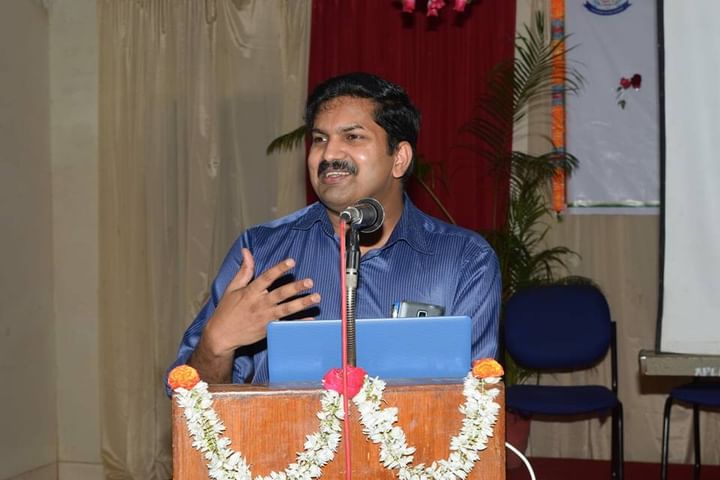Frequently Asked Questions On Mental Health
Frequently Asked Questions on Mental Health:
1. Are mental health problems similar to other health problems? If so, why is there so much stigma about it?
Mental health problems (psychiatric disorders), in one sense, are similar to other diseases like neurological disorders, heart disease, kidney problems etc. Commonly if anyone develops a disease, he or she goes to the concerned doctor immediately. Also he tells other people about the disease.
But if anyone is affected in his mind, he does not tell anybody about it, nor does he go to a doctor. This is because if it is known to others that somebody is having a mental health (psychiatric) problem, our society gives him titles like “mad” or “mental”.
We need to remember that any one of us can be affected in our minds at any point of time. So, each one of us needs to change our attitude towards those innocent people whose mental health is affected. Then only we can take them to the right doctor at the right time and help them.
2. How do people commonly develop mental health problems?
There is no one in the world who does not have any problem. Any person at any time can be affected in his mind through some loss or failure or other problems in life. Some people come out of those difficulties. But some people keep on thinking about the problems and are affected in their minds. There will be neurochemical changes in their brains. And there will be changes in their behaviour, which manifest as mental health problems.
3. What are the common symptoms of mental health problems?
The common symptoms are fear, suspicion, depression, anxiety, stress, sleep problems, suicidal thoughts, hearing voices in the ear when all alone, talking/ muttering/ smiling all alone, violent behaviour, suspecting spouse’s (wife’s or husband’s) fidelity (faithfulness) falsely, other strange experiences and behaviour etc.
People also can have memory problems, problems in food intake, sexual problems, diseases for which no cause could be found, addiction to alcohol, nicotine (smoking), drugs, social media, video games, internet etc., personality disorders, anger control problems, interpersonal conflicts, family problems, marriage related problems, career and job related problems, learning problems, guilt, spiritual conflicts etc. Children and teenagers also can develop behavioural and emotional problems because of various reasons.
4. How should these symptoms be approached?
All of these should be treated promptly and appropriately. Mental health problem is not something to be covered up. One has to take treatment and counselling for mental health problems just like one takes treatment for other diseases. Then it can be controlled effectively.
5. Is mental health so important?
Many of you would be familiar with this famous proverb “Sound mind in a sound body”. It points to the proven fact that our body and mind are so deeply related to each other. If you have problems in your mind like fear and anxiety, it can affect your body by making you physically weak and prone to various bodily illnesses. Likewise if you have physical ailments, it can affect your mental health also. Research shows that many physical disorders are predisposed, precipitated and exacerbated by many mental health problems.
6. People say that if you start taking psychiatric medicines, then you have to take life long. Is it true?
No; not at all. This is a common myth. Once the symptoms become better with medicines and counselling, your Psychiatrist can taper medicines slowly. But, please don’t stop or adjust the dose without Psychiatrist’s advice. If you do that, the symptoms may come back and you may need higher doses of medicines.
7. Are all psychiatric medicines addictive and having serious side effects?
No; not at all. This is another common myth. Only Benzodiazepine group among psychiatric drugs, is addictive. It includes Alprazolam, Diazepam, Nitrazepam, Lorazepam, Clonazepam etc. A good Psychiatrist will prescribe these only if they are really needed for you for controlling severe symptoms, and he will try to taper them at the earliest, so that you do not get addicted to it.
If psychotherapy (counselling) is also given along with medicines, you may need only smaller doses of medicines. A good Psychiatrist will choose a medicine which suits each particular patient so that side effects would be minimum or almost nil. He will always monitor you for any emerging side effect. If needed, he will adjust the dose of medicines, or change over to other medicines with lesser possibility of side effects, or add another medicine to counter the side effects.



+1.svg)
